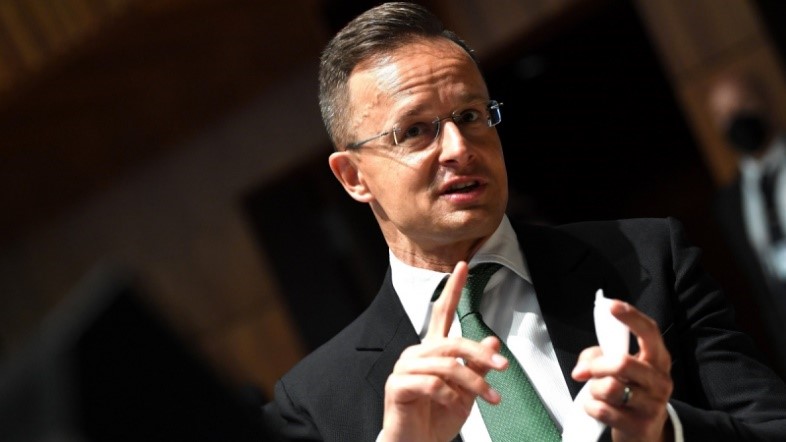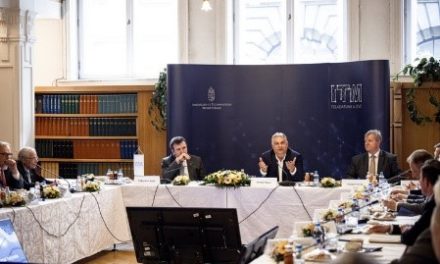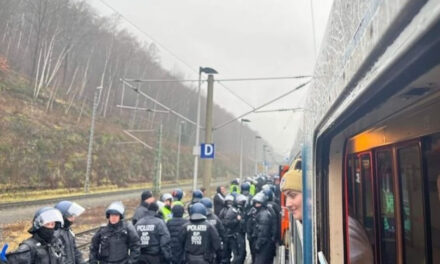Péter Szijjártó stated that the Hungarian government has fought hard in recent years to end Brussels' negative discrimination against nuclear energy. The minister came to the United States for the conference of the International Atomic Energy Agency and emphasized that the Paks expansion cannot be postponed from the point of view of our country's security and competitiveness.
Earthworks are underway and, according to the government's plans, concrete pouring will begin next November, and Paks-2 will be completed by 2030, said Péter Szijjártó in Washington, at the ministerial meeting of the International Atomic Energy Agency (IAEA). The head of the Ministry of Foreign Affairs emphasized: In order to protect the energy security of Hungary, but also the whole of Europe, as well as the protection of the environment, we cannot turn our backs on nuclear energy. According to him, the anti-nuclear energy policy is fundamentally flawed and ideologically driven. "Those who oppose it tend to refer to Chernobyl and Fukushima, but that's like saying: if a car accident happens, we won't get into a car anymore," Péter Szijjártó pointed out.
The head of the ministry also touched on the fact that our country is one of the few countries that in recent years was able to grow its economy while reducing its carbon emissions, and this is largely due to nuclear energy. And sustainable development is unthinkable without nuclear power plants. According to him, all of this is not only an economic issue, but also a question of sovereignty, which is why Budapest firmly stood up against the introduction of, or even for the withdrawal of, any sanctions that affect nuclear energy projects and collaborations for civilian use.
The main sectors of the Hungarian economy are the vehicle industry and battery production. Both are particularly energy-intensive, and maintaining our development and competitiveness is unthinkable without Paks-2, he added, emphasizing that those who attack this project often talk about Russian influence, but in reality this is an international investment, in which General Electrics and also Siemens.
The full article of Magyar Hírlap can be read here.
Image: MTI












